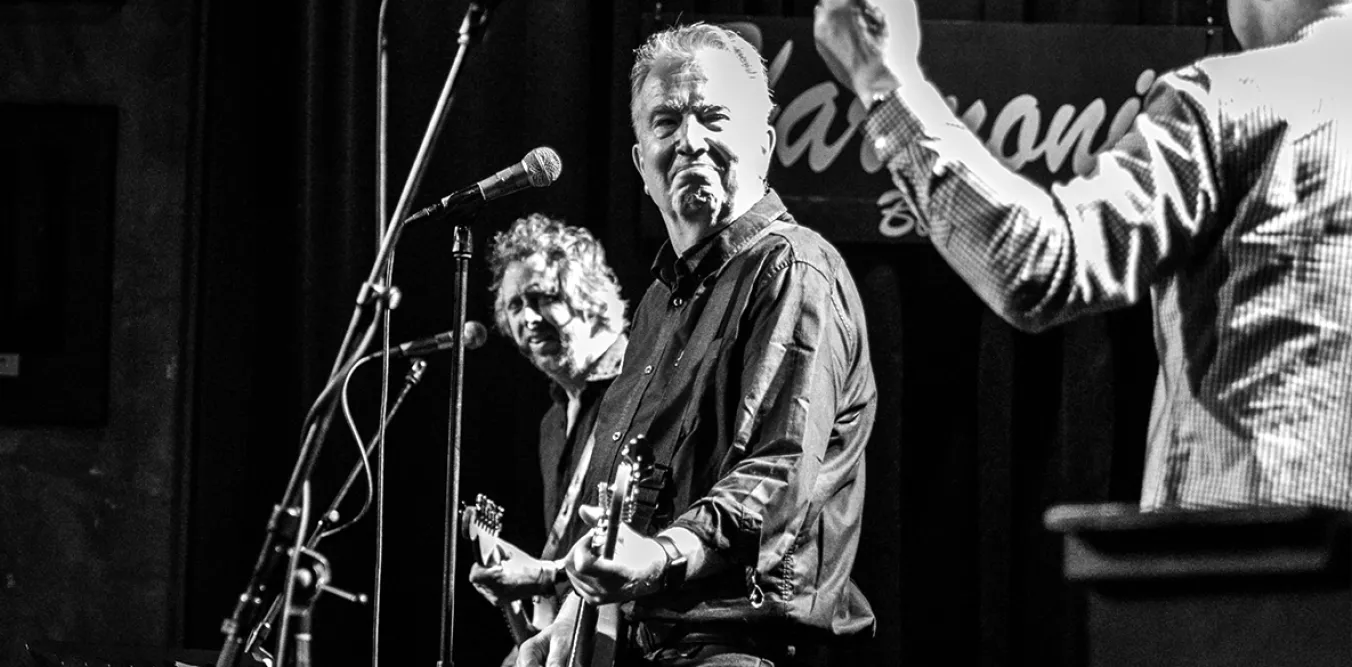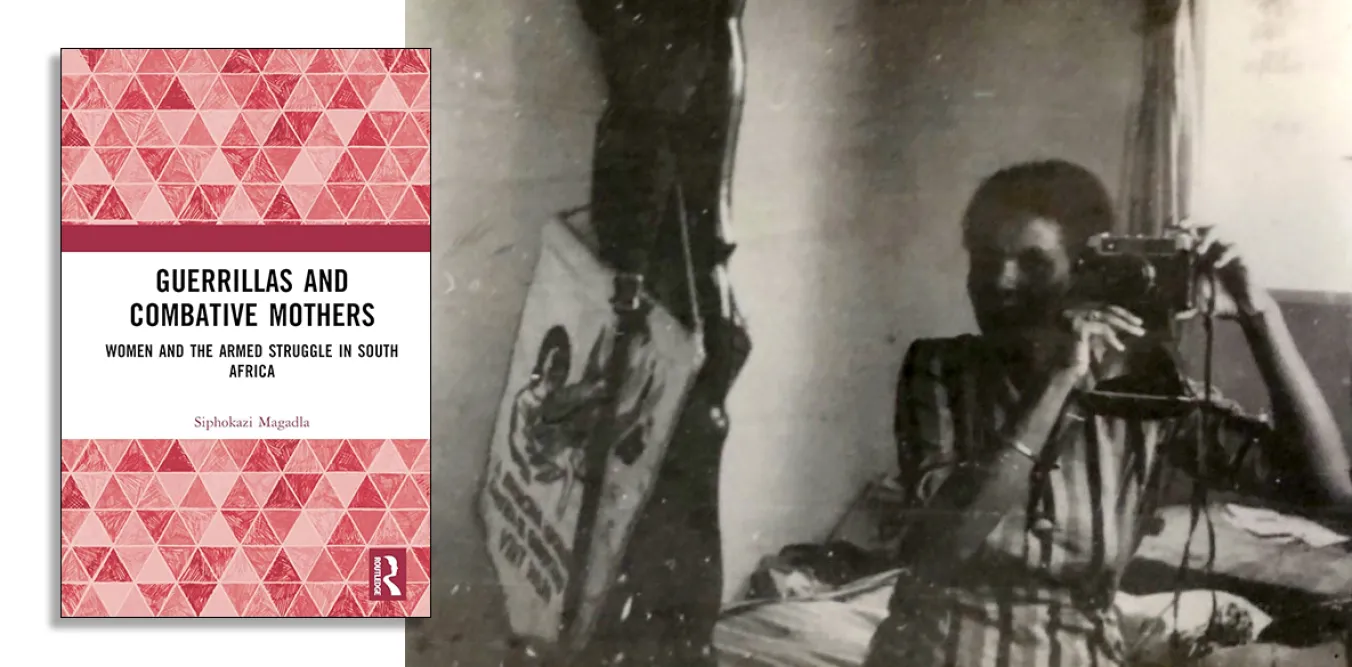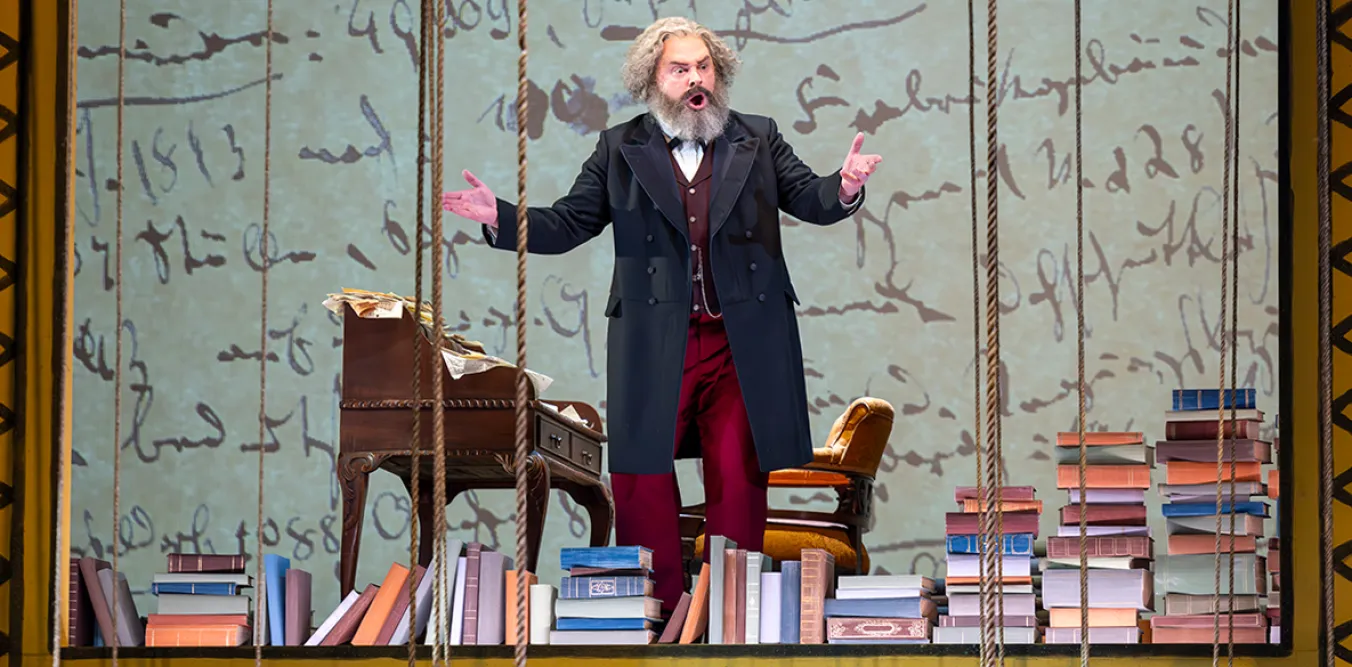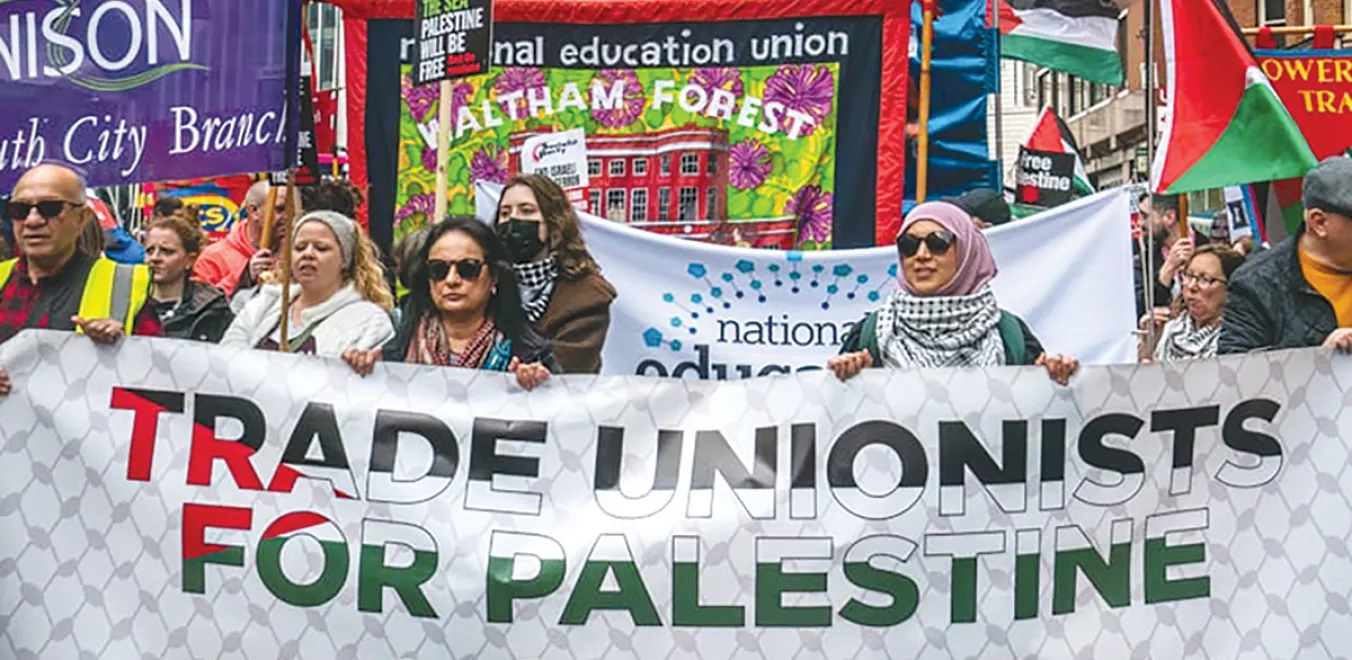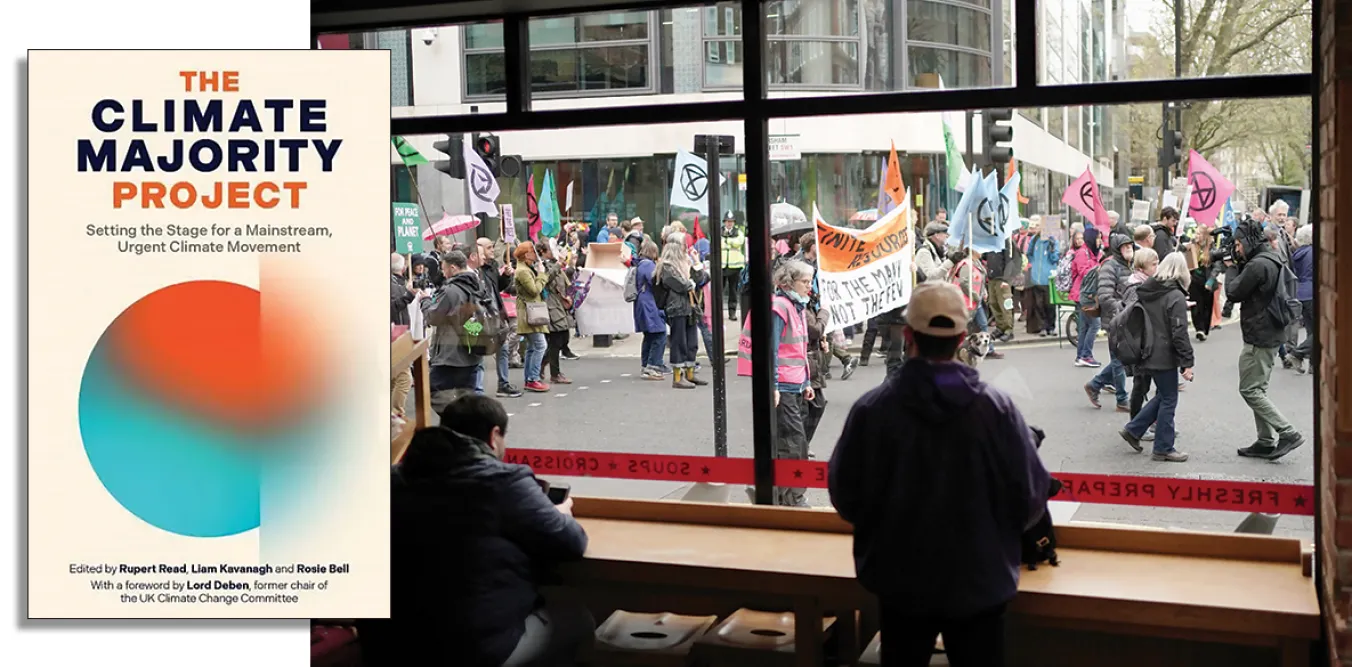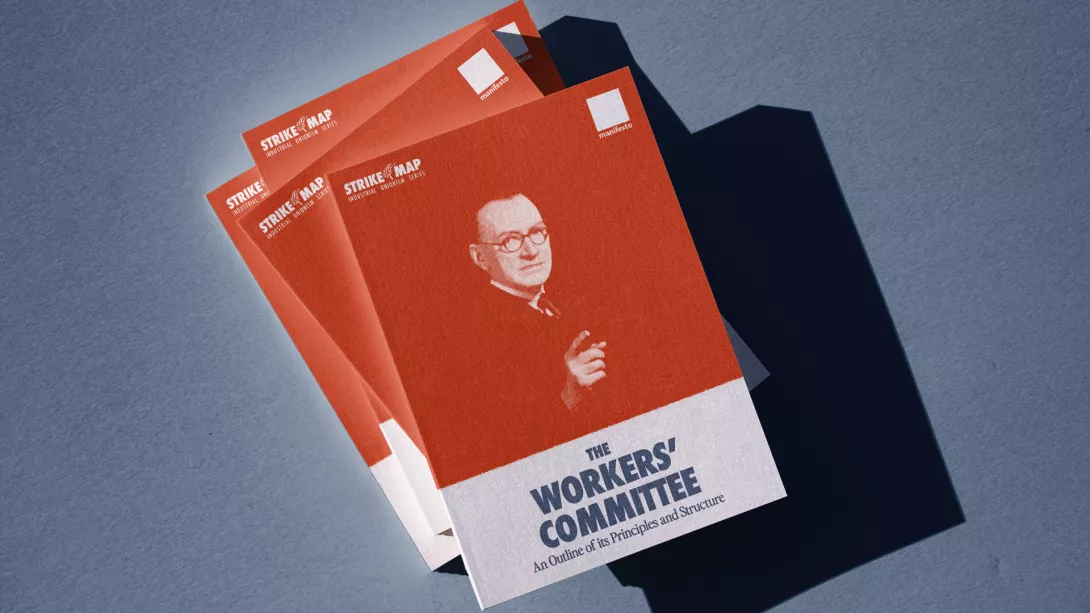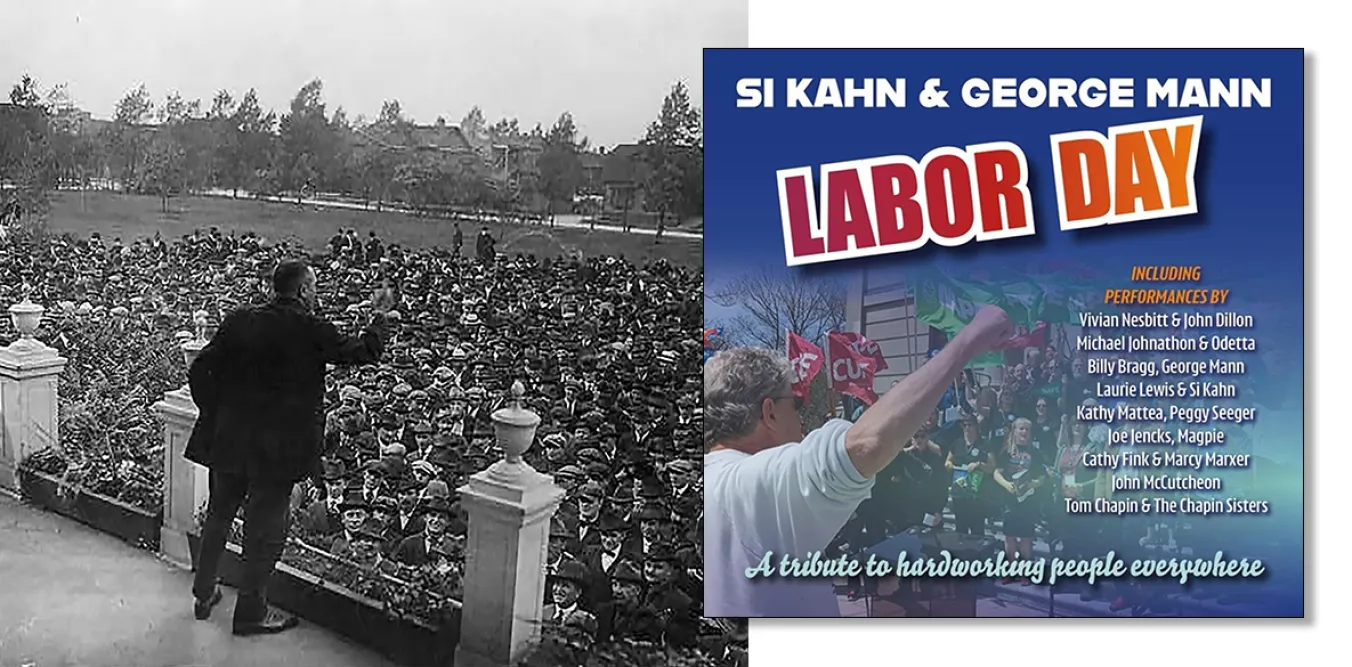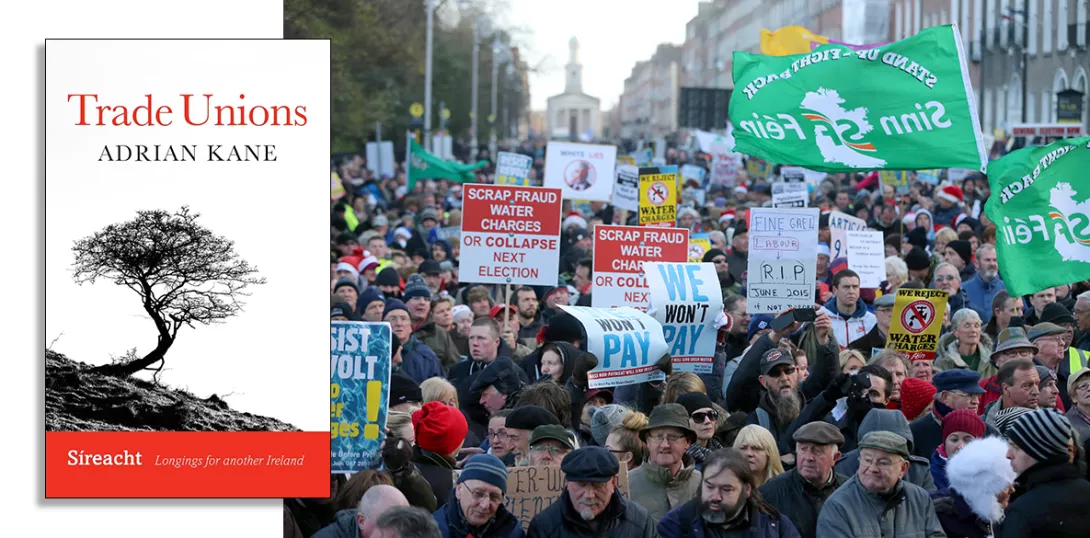
Trade Unions
Adrian Kane, Cork University Press, £14.95
A brief review cannot really do justice to this book, the latest in the Cork University Press “Sireacht, Longings for Another Ireland” series, in the same way that the short book itself can only skim the surface of the challenges facing the trade union movement in the 21st century.
The dream and the challenge is to create a more equitable and fairer society, and a more democratic Ireland. A strong, well organised trade union movement, intervening in workplaces, in the community and in the polity is an imperative, and is the primary challenge facing trade unions, not just in Ireland but across the globe.
Adrian Kane argues that to meet this challenge a radical transformation of existing trade union structures and culture is crucial.
The first section of the book titled How Did We Get Here includes a very brief history of the trade union and labour movement in Ireland, culminating in consideration of the social partnership models in the Republic of Ireland between 1987 to 2009. While the author does not come down on either side of the social partnership argument, he does conclude that this particular highly centralised national bargaining model resulted in an unintended undermining of workplace organisation.
The next section of the book, Building Collectivism, covers the challenges of organising both the digital workforce and other new areas of economic activity, as well as making greater inroads into the sectors characterised by “atypical” work.
The author correctly challenges the false dichotomy between the “servicing/representation” model and the “organising” model of trade union organisation, as well as the perception of them as mutually exclusive.
While the case is made passionately that the unions’ influence must be extended beyond the workplace, the book omits mention of initiatives such as the Cork One Project or similar moves to build more coherent trade union/community-based power houses throughout the country.
There is a brief reference to the water charges campaign but any serious assessment of how to strengthen the trade union movement as integral to working-class communities must examine the dynamics of trade union involvement in this campaign.
The establishment of the Nevin Economic Research Institute is acknowledged as a project which enhanced the “intellectual” clout of the union movement on economic and fiscal policy. Some consideration might also have been given to the attempt to establish a Workers’ College, an initiative that would have magnified multiple times the capacity of union representatives across the country not only to interpret their world but to potentially change it.
The greatest strength of this book rests with the idea that spaces in the economy, which are non-capitalist and democratic in form and content, can be created and developed as trade union initiatives.
It is worth noting that Trademark, the trade union-linked Belfast-based social justice organisation, has working expertise in both co-operative working models, political economy education and has also been effective in bringing together climate emergency, ecological and left activists to develop a socialist approach to climate breakdown, another important question highlighted in the book.
In his concluding sentence the author hopes that this small work can contribute to setting in motion an honest and robust debate about the regeneration of the trade union movement in Ireland. The book is a helpful and creative contribution to this debate.
It book should be made available to all in the trade union movement, in a reopening of the debate about building a more effective and stronger labour movement in the whole of Ireland.
Brian Campfield was general secretary of NIPSA, and was ICTU president 2015-2017.
